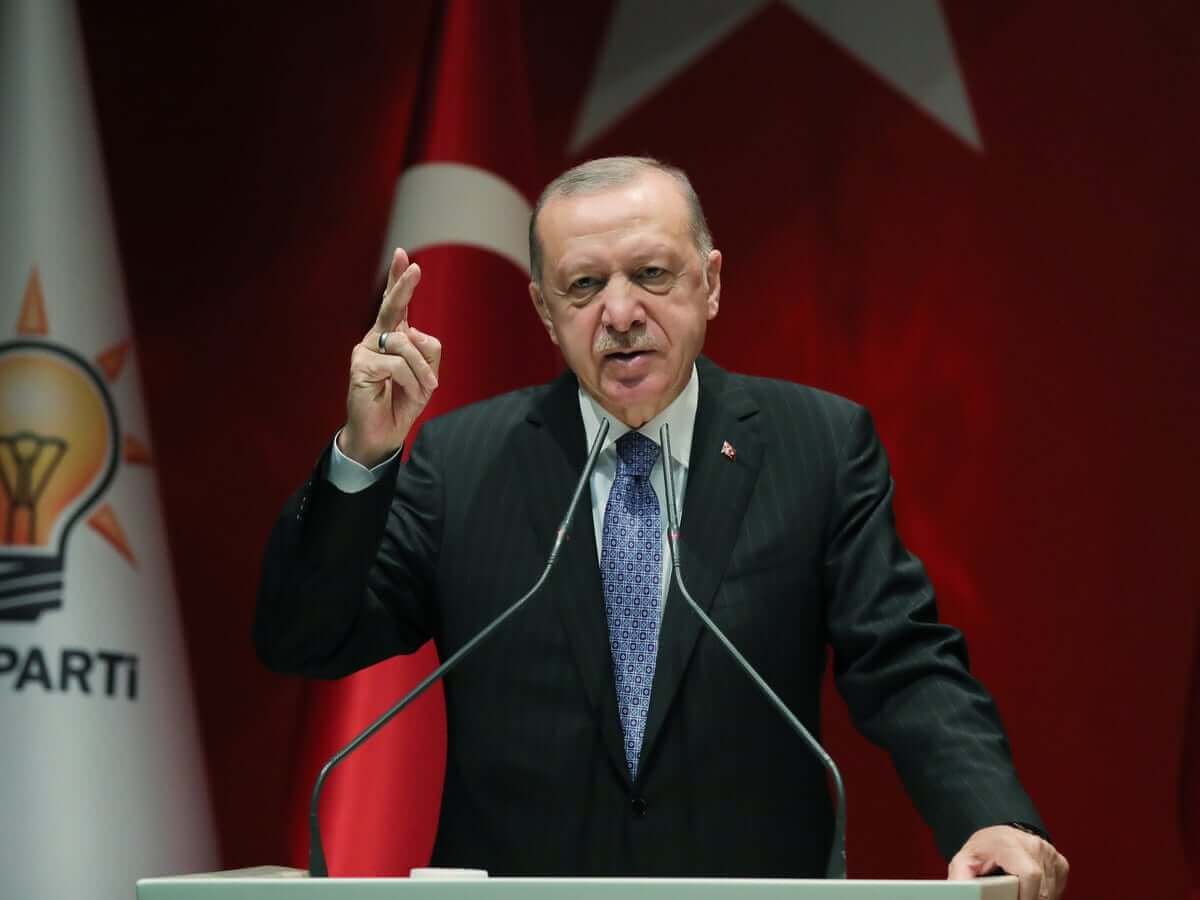On Monday, President Recep Tayyip Erdoğan announced a series of measures to prevent further dollarisation and encourage savings in the Turkish Lira. Erdoğan also defended his low-rate policies amid widespread criticism and said there would be no “turning back” from the new model based on low-interest rates.
The Lira collapsed to another all-time low of 17.83 against the dollar as Erdoğan invoked religious texts to defend his unorthodox monetary policy of lowering interest rates even as the inflation rate is 21%, arguing that this will eventually boost exports and economic growth. However, on the same day, the Turkish Lira became the best performing currency after being down more than 10% at 18.4 to the dollar earlier. The currency ended the session up over 20% at 13.15 to the dollar after Erdoğan laid out extraordinary measures to improve the currency.
After chairing a cabinet meeting, Erdoğan said the government would make up for losses incurred by people with Lira deposits if the currency’s decline exceeds the interest rate promised by banks. He added that citizens wouldn’t have to turn their Lira into foreign currency with the new financial alternative, which includes a promise of deposit guarantee. “With the interest rate cuts, we will all see how inflation will start falling within months. This country will no longer be a heaven for those adding to their money with high-interest rates; it will not be an import haven,” he proclaimed.
The new measures aim to diminish retail investors’ demand for dollars and end the currency’s three-month-long turmoil. After the measures were introduced, around $1 billion was sold in markets. Wells Fargo Currency Strategist Brendan McKenna said, “It could help the currency, but I think it comes down to credibility and whether depositors believe that’s a policy that can actually be implemented.” “Right now, Turkish institutions don’t have a ton of credibility, so there may be challenges getting Lira depositors on board,” McKenna added.
Similarly, the head of fixed-income research at Bank of Singapore Ltd, Todd Schubert, said the worst might be over for Lira for now if the measures introduced by Erdoğan restore the confidence of retail Lira depositors. However, he said that “until interest rates provide a credible anchor against inflation, the Lira will tend to be volatile and subject to downward pressure.”
Before Monday’s rebound, Lira had significantly depreciated against the US dollar since September. The decline gained pace last month when the President unveiled an economic model based on lower borrowing costs and a cheaper currency. In line with Erdoğan’s model, the central bank reduced the one-week repo rate by five percentage points. The repo rate is the rate at which the country’s central bank lends money to commercial banks in case of a shortfall of funds.
It remains to be seen if Erdoğan’s new policies are sustainable. Economists have called Erdoğan’s model reckless and warned that inflation could soar beyond 30% next year. The price of basic food items has increased by between 62% and 72% over the last 12 months, according to official statistics. The rate cuts have also triggered a housing crisis in large cities, including Ankara and Istanbul, with housing prices surging by 30%.
Analysts have argued that the President’s policies run counter to conventional economic wisdom. Central banks normally raise interest rates when there is a rise in inflation and businesses and consumers tend to spend less and save more, thereby reducing the circulation of money and ultimately lowering inflation levels.
The policy of lowering interest rates, also known as monetary easing, can temporarily make credit more easily available and makes borrowing much easier for businesses, which in turn could lead to greater investment. However, if monetary easing policies remain in place for too long, it can also lead to higher levels of inflation, as in the case of Turkey.
Turkey’s currency has depreciated significantly over the years as Erdoğan assumed greater control of the economy. The latest crisis comes ahead of the 2023 election, the first since Erdoğan’s defeat in the 2019 municipal vote. During the 2019 polls, Istanbul and Ankara were lost to the opposition for the first time in over 25 years. The president’s push for a cut in interest rate has led to the country’s worst currency crisis, with Lira crashing almost 40% in just over a month to last Friday.
Erdoğan Says “No Turning Back” From Rate Cuts as Turkey’s Lira Rebounds From All-Time Low
Turkish President Recep Tayyip Erdoğan announced new measures to curb inflation and depreciation of the Lira but refused to change the economic model based on low-interest rates.
December 21, 2021

Turkish President Recep Tayyip Erdoğan IMAGE SOUCE: THE GUARDIAN
